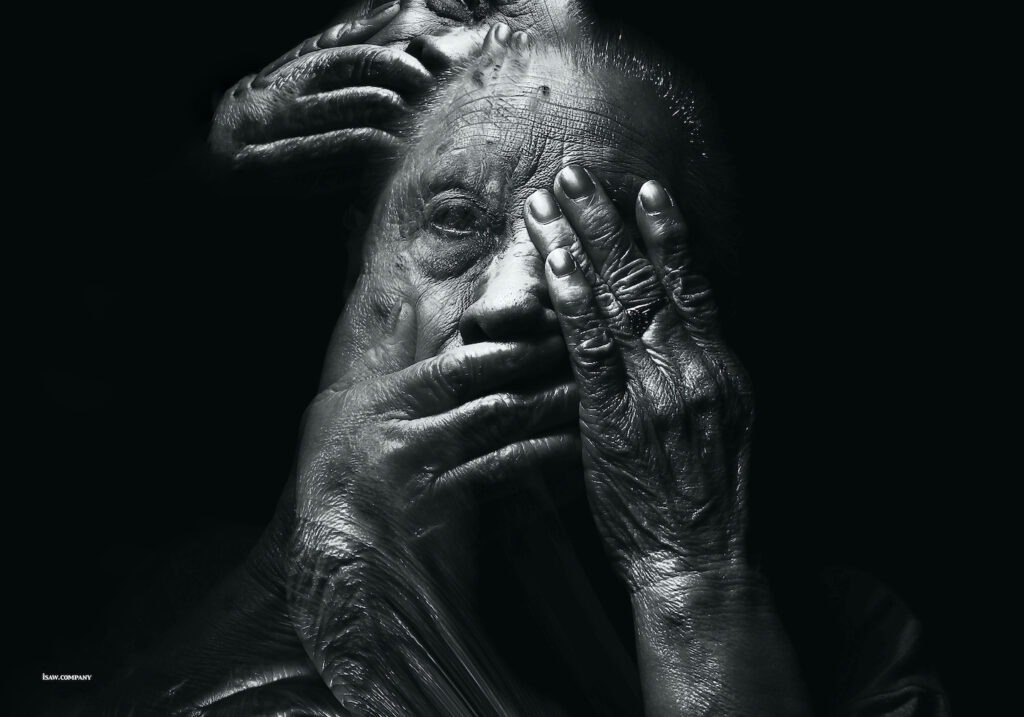
I was raised in a relatively non-religious home during the 70s and 80s. We were nominally Christian and would go to church occasionally on holidays, but I certainly wasn’t raised to believe any religion was true. Like most young people raised without religion, I didn’t really give it much thought.
During what was then called Jr. High, I converted to an evangelical brand of Christianity. This conversion wasn’t only nominal, but something that deeply affected every aspect of my life. I deeply believed in my faith and worked hard to live a life of integrity, where what I believed in the core was reflected in my actions. Because of this, I became a leader in my church and community, and actively brought others into the faith.
During that time, one of my greatest burdens was that the members of my family weren’t Christians. This caused me great pain because I believed that their lack of faith would result in real consequences for them. One December evening, my Mom and I were up late talking. As sometimes happened, the conversation got deep, and I began to press her about her lack of faith.
She asked hard questions–exactly the kind any non-believer would. I knew more about the subject than she did though and possessed strong rhetorical skills. I had answers to her questions–answers that she accepted. At the end of that night, we prayed together and she accepted the truth of Christianity and the relationship with God it entailed. At the end of that prayer, it was past 3am, so we both went to bed.
It wasn’t my last prayer of that night though. The problem was that although the answers I’d given my Mom were good enough for her, they weren’t good enough for me. When I reached my bed, I collapsed to my knees, clasped my hands, and began to weep. I was crying to God. I told him what I already knew–that the answers I’d used to convince my Mom of his truth, were answers that I did not in fact believe myself. I told him that he and I were going to have to go on a journey together where I would have to explore our relationship fully. I told him I would never again convince anyone of anything unless I truly believed it myself.
That journey has brought me to where I am today, and as you can imagine those experiences have shaped my character in some ways. The first effect this had was to make me remain silent about spiritual matters for nearly 30 years. I had changed people’s lives as a Christian and set them on a path that I now knew wasn’t true. I took that responsibility seriously.
My reaction wasn’t to “rescue” them from what I’d done, partly because Christianity isn’t a bad life, but mostly because I wasn’t going to say anything to anyone unless I was sure I had something real to say. My experience with Christianity humbled me. It made me understand that I had been wrong before, and that I would be wrong again. It helped me understand how precious and rare truth is. It also made me understand that my words and my beliefs don’t just affect me–they have real consequences for others. It gave me a much greater respect for the power of belief.
This world, I believe, could benefit from people who better understand how important truth is and how cautious we must be before invoking her name. Social media has made us all authors. This is a great thing, as every voice matters. Having said that, the ease with which we can share our words has led us to disrespect the power that they have. It has created a society where the imperative to speak outweighs the imperative to speak wisely.
As Thanatists, we have seen how easily we bent the truth about our ultimate end simply because it was what we wanted to believe. As such, should a society of Thanatists ever develop, we might better remember how easily we can lead ourselves astray. We might better understand the power of our words. We might once again respect truth. I can only hope so, because this world desperately needs a people who are slower to speak, more willing to consider their errors, and who know how easily we can believe what we want, rather than what we know to be true.
